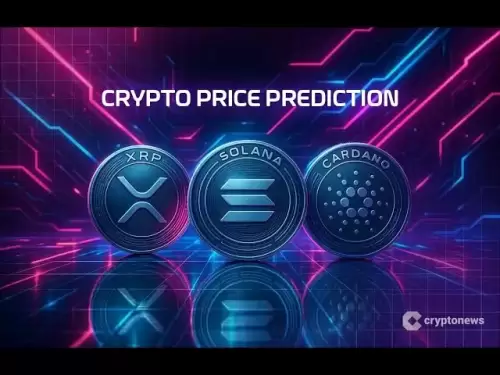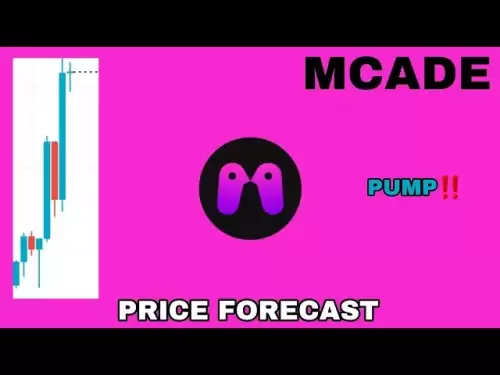-
 Bitcoin
Bitcoin $118,956.0096
2.00% -
 Ethereum
Ethereum $3,370.4056
10.14% -
 XRP
XRP $3.0439
5.31% -
 Tether USDt
Tether USDt $1.0004
0.03% -
 BNB
BNB $706.9723
3.05% -
 Solana
Solana $173.3304
7.34% -
 USDC
USDC $0.9998
-0.02% -
 Dogecoin
Dogecoin $0.2081
7.41% -
 TRON
TRON $0.3051
1.55% -
 Cardano
Cardano $0.7626
4.39% -
 Hyperliquid
Hyperliquid $48.1712
0.98% -
 Stellar
Stellar $0.4655
3.92% -
 Sui
Sui $4.0038
0.54% -
 Chainlink
Chainlink $16.8686
6.98% -
 Hedera
Hedera $0.2391
4.54% -
 Bitcoin Cash
Bitcoin Cash $500.3337
2.12% -
 Avalanche
Avalanche $22.5609
5.40% -
 Shiba Inu
Shiba Inu $0.0...01435
6.59% -
 UNUS SED LEO
UNUS SED LEO $8.7840
-1.37% -
 Toncoin
Toncoin $3.1645
4.51% -
 Litecoin
Litecoin $98.5570
3.32% -
 Polkadot
Polkadot $4.1629
4.28% -
 Monero
Monero $326.6142
-3.13% -
 Pepe
Pepe $0.0...01372
10.51% -
 Uniswap
Uniswap $9.1665
1.36% -
 Bitget Token
Bitget Token $4.7533
5.58% -
 Dai
Dai $1.0001
0.00% -
 Ethena USDe
Ethena USDe $1.0010
0.06% -
 Aave
Aave $329.9034
2.69% -
 Bittensor
Bittensor $440.0591
1.64%
What is a quarterly futures contract?
Quarterly futures contracts in crypto trading expire on the last Friday of each quarter, offering structured speculation or hedging without perpetual rollover.
Jul 14, 2025 at 12:21 pm
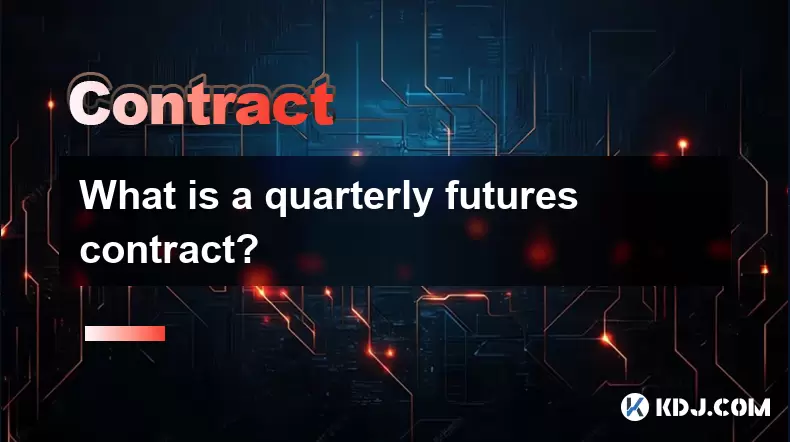
Understanding the Basics of Quarterly Futures Contracts
A quarterly futures contract is a type of derivative instrument commonly used in cryptocurrency trading. These contracts are agreements to buy or sell a specific amount of an asset at a predetermined price on a set future date, which typically falls at the end of each calendar quarter (March, June, September, and December). Unlike perpetual futures, quarterly futures have a fixed expiration date and do not carry over indefinitely.
In the crypto market, these contracts allow traders to speculate on the price movement of digital assets such as Bitcoin, Ethereum, and other major cryptocurrencies without owning the underlying asset. They are traded on platforms like Binance, OKX, and Bybit, among others. The main appeal lies in their structured expiry and settlement mechanism, which makes them attractive for both hedging and speculative purposes.
Key Point:
Quarterly futures contracts expire exactly on the last Friday of each quarter unless adjusted for holidays or special circumstances by the exchange.How Quarterly Futures Differ from Perpetual Contracts
The primary distinction between quarterly futures and perpetual futures lies in their expiration terms. While perpetual contracts can be held indefinitely due to the absence of an expiry date, quarterly futures come with a definitive close date. This difference affects how traders approach risk management, leverage usage, and profit-taking strategies.
Quarterly futures also settle in either cash or physical delivery, depending on the exchange and asset involved. In contrast, perpetual contracts use funding rates to tether their prices to the spot market. Because of this, traders who hold quarterly futures must plan exits before or on the settlement date to avoid automatic closure of positions.
- Perpetual contracts rely on funding fees to maintain alignment with spot prices.
- Quarterly futures automatically expire and settle based on the final reference price.
- Leverage usage may differ due to varying margin requirements and volatility around expiry dates.
Settlement Mechanism of Quarterly Futures Contracts
At the time of expiration, quarterly futures contracts are settled using a predefined reference index or spot price average. Exchanges often calculate the settlement price based on the volume-weighted average price (VWAP) over a specific window, usually one hour before expiry. This helps prevent manipulation and ensures fair valuation.
Traders holding positions until expiry will see their profits or losses realized based on the difference between their entry price and the settlement price. Those who wish to avoid settlement can manually close their positions before the expiry time.
- Exchanges publish exact settlement rules in their contract specifications pages.
- The final settlement price determines whether the trader gains or loses money.
- Positions not closed by users are automatically settled by the platform.
Risks and Considerations When Trading Quarterly Futures
Trading quarterly futures involves several risks that traders should carefully assess. One of the key concerns is the potential for increased volatility near the settlement date. As the expiry approaches, price movements can become more erratic, especially if large volumes of open interest exist.
Additionally, because quarterly futures do not roll over automatically, traders need to manage their exposure proactively. Holding a position through expiry without proper planning can lead to unexpected outcomes, including forced liquidation or missed opportunities in new contracts.
- Volatility spikes can occur during the final hours of trading.
- Improper position sizing increases the risk of liquidation.
- Lack of understanding about settlement mechanics may result in unintended losses.
Practical Use Cases for Quarterly Futures Contracts
Many professional traders and institutional investors use quarterly futures contracts for strategic reasons. One common application is hedging against price fluctuations in their crypto holdings. For example, a miner holding BTC may short a quarterly futures contract to lock in a selling price, thereby protecting against downside risk.
Speculators, on the other hand, use these contracts to bet on directional price moves with leverage. Since quarterly futures offer defined timelines, they enable better planning of entry and exit points compared to perpetual contracts.
- Hedgers use quarterly futures to protect existing portfolios from adverse price swings.
- Speculators take advantage of leveraged exposure to amplify returns within a known timeframe.
- Institutional players often prefer fixed-term instruments for compliance and reporting purposes.
Frequently Asked Questions (FAQ)
What happens if I don’t close my quarterly futures position before expiry?
If you fail to manually close your quarterly futures position before the specified expiry time, it will be automatically settled by the exchange based on the final settlement price. Your account will reflect the resulting profit or loss accordingly.
Can I trade multiple quarterly futures contracts simultaneously?
Yes, traders can open positions in different quarterly futures contracts listed on the same or different exchanges. For instance, you can hold a long position in the March BTC quarterly contract while also being short on the June ETH quarterly contract.
Do all exchanges offer the same settlement method for quarterly futures?
No, settlement methods may vary across exchanges. Some platforms use cash settlement, while others might opt for physical delivery. It’s crucial to review the specific contract details provided by the exchange to understand how settlements are conducted.
Is there a minimum holding period for quarterly futures contracts?
There is no minimum holding period. Traders can open and close positions at any time before the contract expires. However, closing early does not exempt traders from potential fees or slippage depending on market conditions.
Disclaimer:info@kdj.com
The information provided is not trading advice. kdj.com does not assume any responsibility for any investments made based on the information provided in this article. Cryptocurrencies are highly volatile and it is highly recommended that you invest with caution after thorough research!
If you believe that the content used on this website infringes your copyright, please contact us immediately (info@kdj.com) and we will delete it promptly.
- Shytoshi Kusama's AI SHIB Whitepaper: Decoding the Future of Shiba Inu
- 2025-07-17 02:30:12
- SpacePay: Revolutionizing Crypto Payments for a 2025 World
- 2025-07-17 02:30:13
- Bitcoin's Record High: How US Policy and 'Crypto Week' are Shaping the Future
- 2025-07-17 02:35:12
- Bitcoin, Crypto, and Rate Cut Hopes: A Bullish Brew for the Summer?
- 2025-07-17 00:30:12
- Dogecoin vs. Ruvi AI: Why Audited AI Tokens Are the Future
- 2025-07-17 00:50:12
- BlockDAG, No Vesting, Kas ATOM: Crypto Summer's Standout Story?
- 2025-07-17 01:10:13
Related knowledge
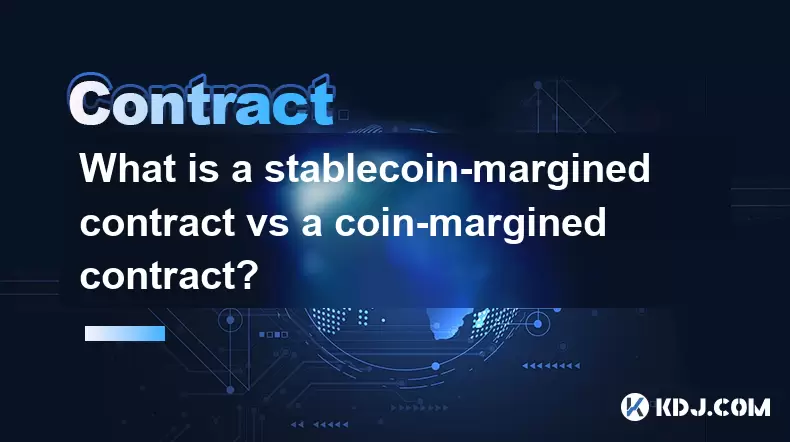
What is a stablecoin-margined contract vs a coin-margined contract?
Jul 15,2025 at 06:36pm
Understanding the Difference Between Stablecoin-Margined Contracts and Coin-Margined ContractsIn the world of cryptocurrency derivatives, margin plays...
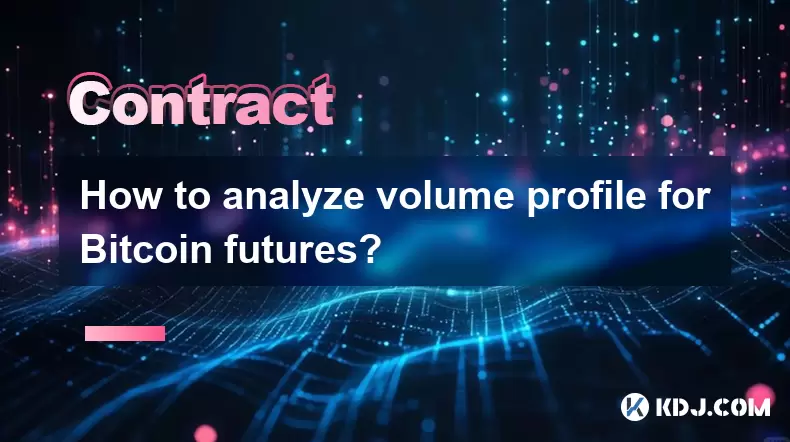
How to analyze volume profile for Bitcoin futures?
Jul 17,2025 at 01:21am
Understanding Volume Profile in Bitcoin Futures TradingVolume profile is a crucial analytical tool used by traders to assess the distribution of tradi...
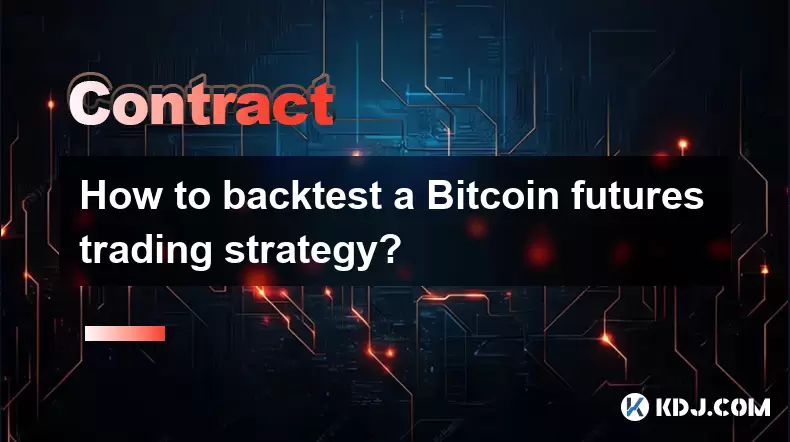
How to backtest a Bitcoin futures trading strategy?
Jul 15,2025 at 11:35am
Understanding Bitcoin Futures TradingBitcoin futures trading involves contracts to buy or sell Bitcoin at a predetermined price and date in the future...

Psychology of trading Bitcoin contracts
Jul 13,2025 at 02:50am
Understanding the Emotional Rollercoaster of Bitcoin Futures TradingBitcoin contract trading, especially in the form of futures, introduces a high lev...
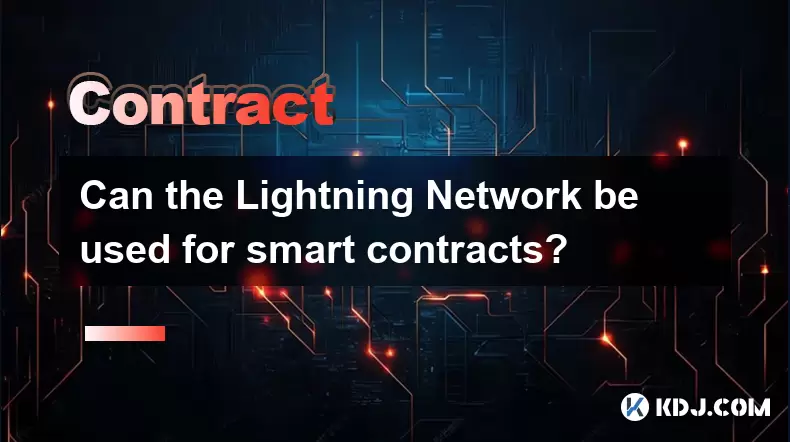
Can the Lightning Network be used for smart contracts?
Jul 14,2025 at 11:28pm
Understanding the Lightning Network's Core FunctionalityThe Lightning Network is a second-layer solution built on top of blockchain protocols like Bit...
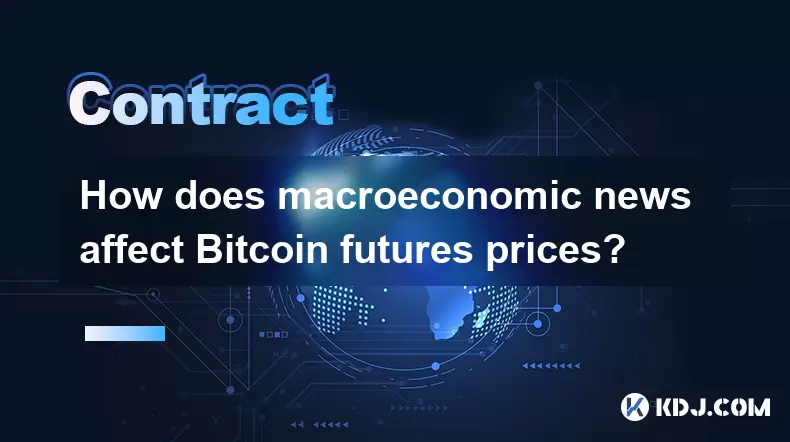
How does macroeconomic news affect Bitcoin futures prices?
Jul 15,2025 at 04:56pm
Understanding the Relationship Between Macroeconomic News and Bitcoin FuturesBitcoin futures are derivative contracts that allow traders to speculate ...

What is a stablecoin-margined contract vs a coin-margined contract?
Jul 15,2025 at 06:36pm
Understanding the Difference Between Stablecoin-Margined Contracts and Coin-Margined ContractsIn the world of cryptocurrency derivatives, margin plays...

How to analyze volume profile for Bitcoin futures?
Jul 17,2025 at 01:21am
Understanding Volume Profile in Bitcoin Futures TradingVolume profile is a crucial analytical tool used by traders to assess the distribution of tradi...

How to backtest a Bitcoin futures trading strategy?
Jul 15,2025 at 11:35am
Understanding Bitcoin Futures TradingBitcoin futures trading involves contracts to buy or sell Bitcoin at a predetermined price and date in the future...

Psychology of trading Bitcoin contracts
Jul 13,2025 at 02:50am
Understanding the Emotional Rollercoaster of Bitcoin Futures TradingBitcoin contract trading, especially in the form of futures, introduces a high lev...

Can the Lightning Network be used for smart contracts?
Jul 14,2025 at 11:28pm
Understanding the Lightning Network's Core FunctionalityThe Lightning Network is a second-layer solution built on top of blockchain protocols like Bit...

How does macroeconomic news affect Bitcoin futures prices?
Jul 15,2025 at 04:56pm
Understanding the Relationship Between Macroeconomic News and Bitcoin FuturesBitcoin futures are derivative contracts that allow traders to speculate ...
See all articles























